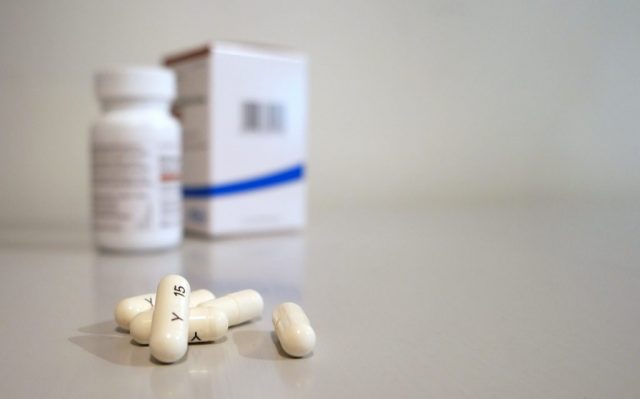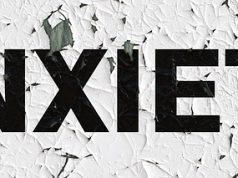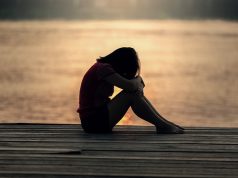Due to the Opioid addiction and overdose epidemic sweeping the country, the most important thing you can do, as an adult is secure your medication. Less access for teens and teenagers to medications means less of a chance of accidental overdose or future addiction. Whether young people are taking the medicine by accident or on purpose, it is the duty of each parent to keep medicine in safe and secure place so no one gets hurt. This might mean locking your medicine up in a safe place or keeping it out of sight.
The best things you can do, is lock medications in a combination locked safe and keep it in an area of your house that is not easy for teens to get to, preferably a master bedroom or master bathroom. A medicine cabinet with a lock on it is also a safe option. If none of these options are accessible to you then keeping your medication in places that are hard to get to like a high shelf is a good idea. Be sure to never leave medicine bottles out on counter tops, low shelves or tables. You should also never leave controlled substances like Opioids, ADHD medications, Valium etc. in a family or guest bathroom. For extra caution, you should count your pills in case any go missing without your knowledge. (If any are missing, immediately questioned children and look for signs and symptoms of drug abuse.) Whenever you finish a prescriptions be sure to dispose of any leftover pills in a proper manner. If you’re not sure how to do this, you can ask your pharmacist how or go to your local police department and one of them can direct you. Usually a pharmacy or Police department has a box where you can dispose of leftover pills. Never flush your pills down the toilet. This is because they can go into the water system and be harmful to the environment. Also, never throw them into the garbage; someone can easily take them out.
Parents should have a talk with their kids about the dangers of taking drugs, including over-the-counter medications. Explain to them the differences between needing medicine with they are sick and abusing medication. Teenagers should have to proper knowledge of how to use over-the-counter medicine for colds, flu, headaches, aches and pains and allergies. Parents should take the proper steps in explaining to their kids what each medication is for and what it does and does not do. If they are on a medication prescribed by a physician, go over the warnings that are on the label by the pharmacy and be present when they take the medication. Watch them carefully for any side effects or signs of addiction. If they are taking an Opioid, controlled substance or any other type of addictive medication you should not let them be in control of the medicine, you should get the medicine in your possession and lock it up with your medicine. When they are finished taking a medication, help them dispose of the medication properly so that when they are older they also know how to dispose of it.
The following website has medicine lock boxes for sale:
http://saferlockrx.com/prouduct/safer-lock/







